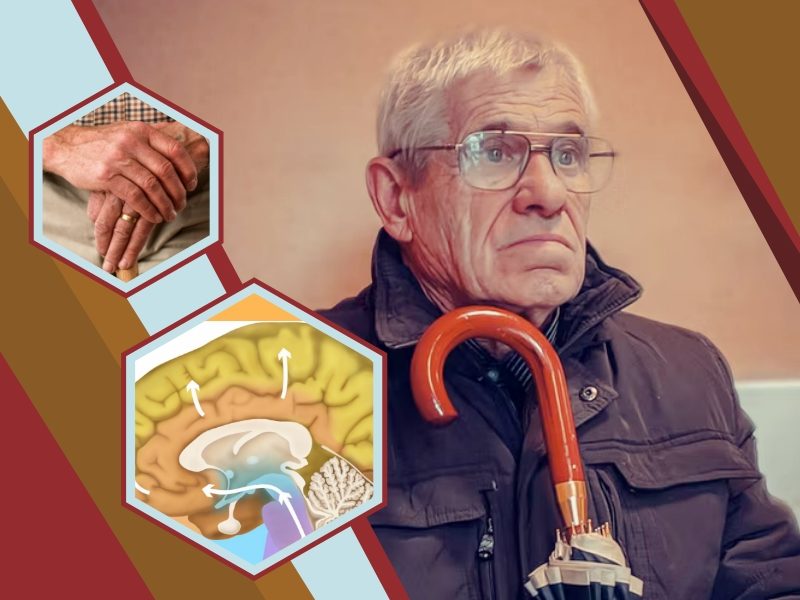Parkinsonism

Parkinsonism is a condition that causes a combination of the movement abnormalities seen in Parkinson’s disease. These include slowness, stiffness, tremor, and imbalance. However, not everyone who has Parkinsonism has Parkinson’s disease.
The most common form of Parkinsonism is Idiopathic Parkinson’s. A person who has Parkinsonism will also have another disorder that causes additional neurological symptoms, ranging from dementia to the inability to look up and down.

Symptoms of Parkinsonism
People with Parkinsonism usually start to develop symptoms at anywhere from age 50 to 80. Parkinson’s disease can cause varying and progressive symptoms throughout its course. Some of the most common symptoms associated with the disease include:
- Slowed, affected movements
- Difficulty showing facial expressions
- Muscle stiffness
- Tremor, especially on one hand
- Speech changes
A person with Parkinsonism may have some of these symptoms. Other symptoms of the disease may include:
- Dementia
- Rapid onset and progression of symptoms
- Early problems with balance
- Issues with the autonomic nervous system, such as problems with controlled movements or spasms
- Each underlying cause of Parkinsonism, such as dementia with Lewy bodies, also has its own unique set of symptoms.
What Causes Parkinsonism?
Parkinsonism can be caused by Parkinson’s disease itself as well as another underlying condition. Other causes may include:
- Repeated head trauma, such as injuries sustained in boxing
- Medications such as those used to treat psychosis, major psychiatric disorders, and nausea
- Certain neurodegenerative disorders, such as multiple system atrophy, Lewy body dementia, and progressive supranuclear palsy
- Exposure to toxins, such as cyanide, carbon monoxide, and organic solvents
- Certain brain lesions, such as tumors, or fluid buildup
- Metabolic and other disorders, such as Wilson’s disease or chronic liver failure

How to diagnose Parkinsonism?
- A doctor will start by taking a person’s health history and reviewing their current symptoms. They will ask for a medication list to determine if any medicines could be causing the symptoms.
- A doctor will also recommend blood testing to check for underlying potential causes.
- In addition, a doctor will also order imaging scans to examine the brain and body for other causes, such as a brain tumor.
- Doctors can perform a test that tracks the movement of dopamine in the brain. This is known as the DaT-SPECT test.
Treatment for Parkinsonism
These medications are related to dopamine and can increase the amount of dopamine available in the brain. However, people with Parkinsonism not only have problems producing dopamine but also have damaged or destroyed cells that cannot respond to dopamine. Doctors can find Parkinsonism challenging to treat because the symptoms of the condition do not always respond as well or at all to medications that boost dopamine.
Parkinsonism treatment usually helps reduce the symptoms whenever possible to help them maintain independence. Doctors often recommend physical and occupational therapy because they can help a person keep their muscles strong and improve balance.



